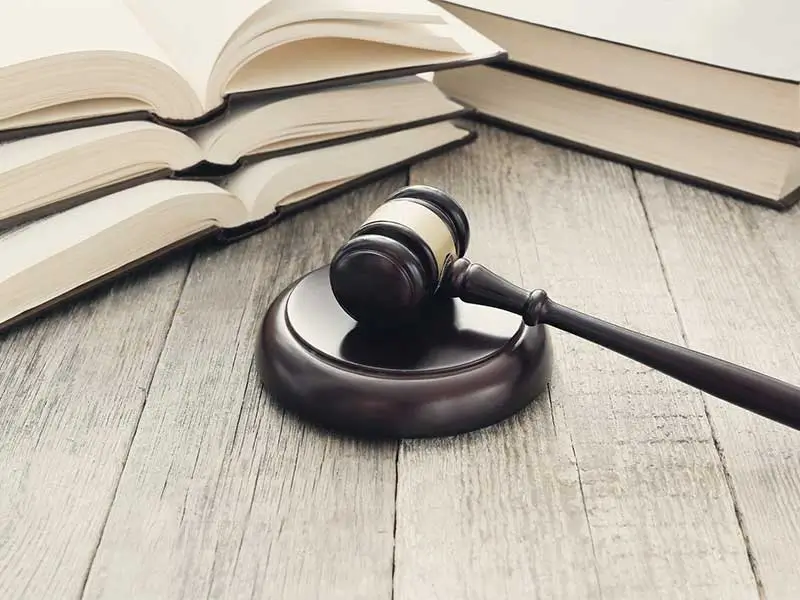In Pakistan, legal support for females facing sexual harassment has evolved over the years, reflecting a growing recognition of the need for stronger protections and remedies. Despite significant strides, challenges remain in implementing and accessing these legal protections. Here’s an overview of the legal support available to women in Pakistan against sexual harassment.

Legal Framework
Protection Against Harassment of Women at the Workplace Act, 2010
This landmark legislation is a significant step towards addressing sexual harassment in workplaces. It defines sexual harassment and mandates the establishment of internal committees to address complaints. The Act requires organizations with more than 10 employees to create a harassment policy, set up an internal complaint mechanism, and ensure a safe working environment. It provides for the establishment of an inquiry committee to investigate complaints and impose penalties on perpetrators.
Criminal Law (Amendment) Act, 2016
This amendment introduced several changes to the Pakistan Penal Code and the Code of Criminal Procedure to address various forms of sexual violence. It includes the definition and criminalization of sexual harassment, acid attacks, and other forms of sexual violence. The Act stipulates harsher penalties for offenders and provides for the protection of victims during legal proceedings.
The Prevention of Anti-Women Practices Act, 2011
While primarily focused on practices like forced marriages and honour killings, this Act also contributes to the broader protection of women’s rights. It aims to provide a legal framework to combat various forms of gender-based violence, including harassment.
Cybercrime Act, 2016
With the rise of digital harassment, the Cybercrime Act addresses online harassment and cyberstalking. It criminalizes the use of electronic means to harass, blackmail, or defame individuals. Victims of online harassment can report offences to the Federal Investigation Agency (FIA) Cyber Crime Wing.
Reporting Mechanisms and Support Services
Internal Complaints Committees
Under the Protection Against Harassment of Women at the Workplace Act, organizations are required to set up internal complaints committees to handle harassment cases. These committees are responsible for investigating complaints, providing support to victims, and recommending actions against perpetrators.
National Commission on the Status of Women (NCSW)
The NCSW plays a crucial role in advocating for women’s rights and addressing issues related to harassment and discrimination. It provides recommendations to the government, monitors the implementation of laws, and supports victims in navigating the legal system.
Women’s Rights Organizations
Several non-governmental organizations (NGOs) and advocacy groups offer legal assistance, counselling, and support services to victims of sexual harassment. These organizations help victims understand their rights, file complaints, and access support services.
Helplines and Support Services
Various helplines and support services are available to assist victims of harassment. These services offer counselling, legal advice, and emotional support. Examples include the National Helpline for Women and various NGO-operated helplines.


Challenges and Areas for Improvement
While the legal framework and support services provide essential protections, several challenges remain:
Implementation and Enforcement
Effective implementation of laws and regulations is often hampered by bureaucratic inefficiencies and lack of awareness. Ensuring that organizations comply with legal requirements and that perpetrators are held accountable remains a challenge.
Cultural and Social Barriers
Cultural norms and social stigma can discourage women from reporting harassment. Victims may fear retaliation, loss of employment, or social ostracism, which can prevent them from seeking justice.
Access to Justice
Accessing legal support can be difficult, particularly for women in rural areas or those with limited resources. The legal system can be complex and intimidating, making it challenging for victims to navigate.
Conclusion
Legal support for females in Pakistan against sexual harassment includes a range of legislative measures, reporting mechanisms, and support services aimed at protecting victims and addressing perpetrators. While progress has been made, ongoing efforts are needed to improve the implementation of laws, support victims effectively, and address cultural and social barriers. Strengthening these areas will help ensure that women can access justice and protection in cases of sexual harassment.
